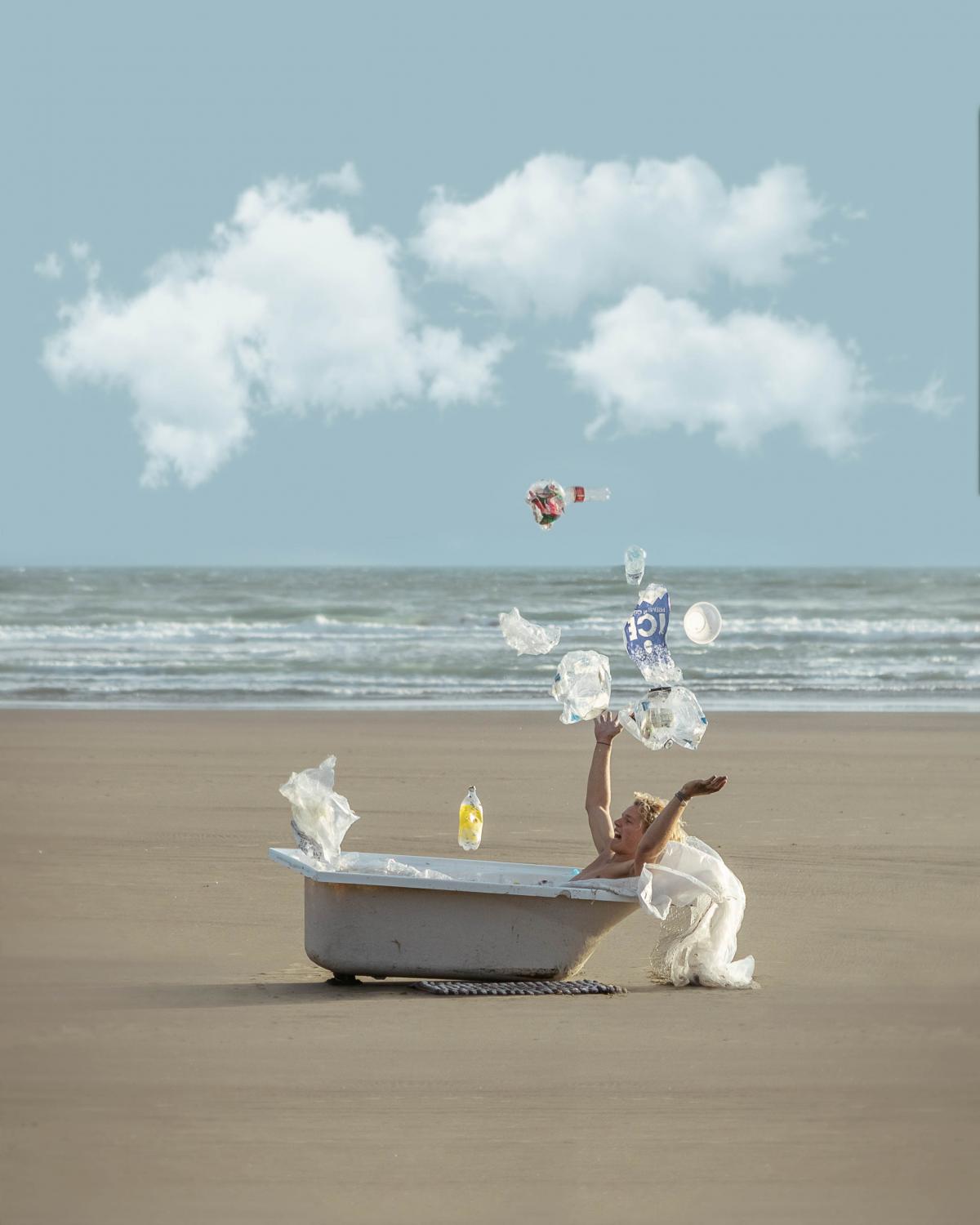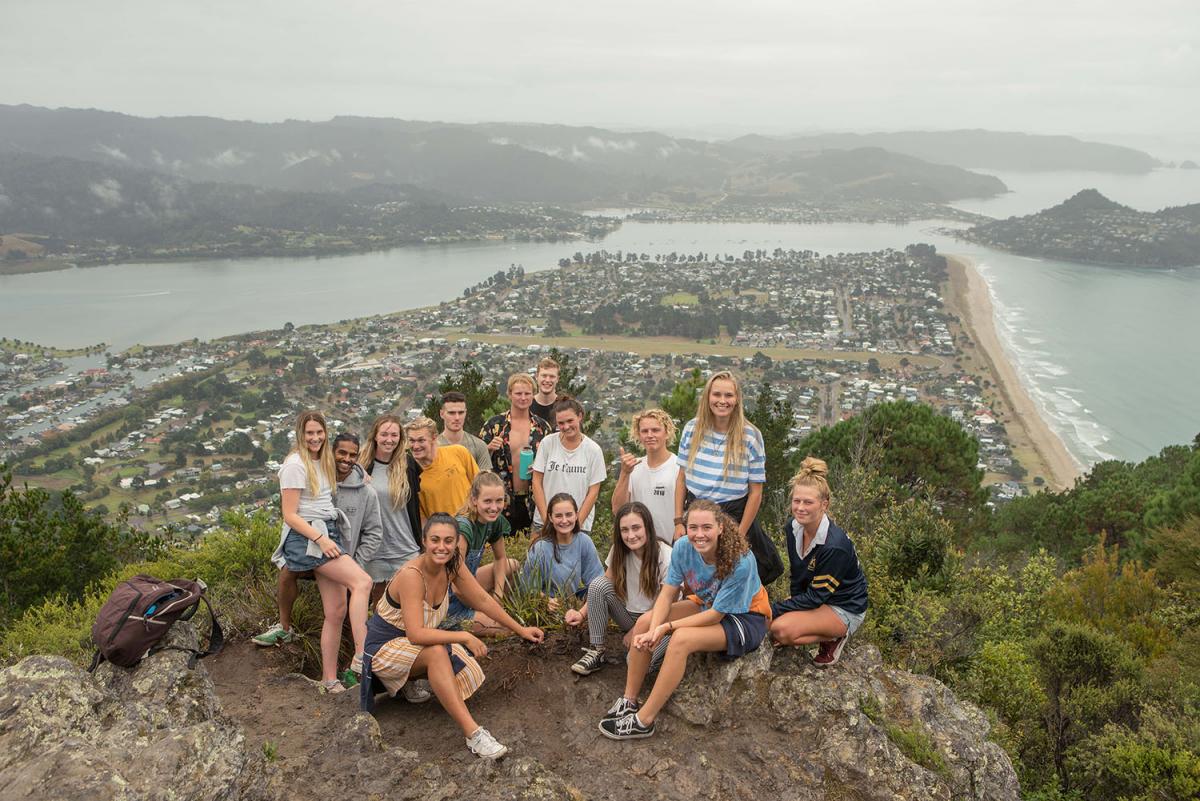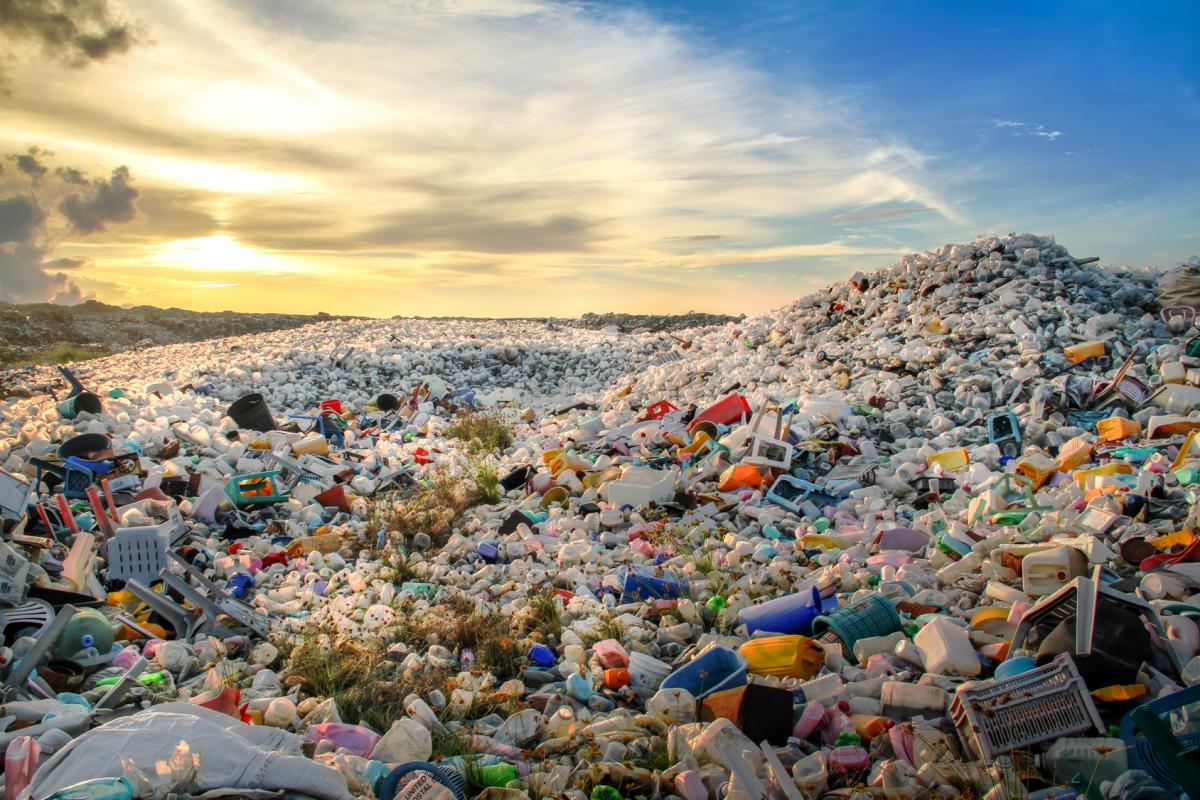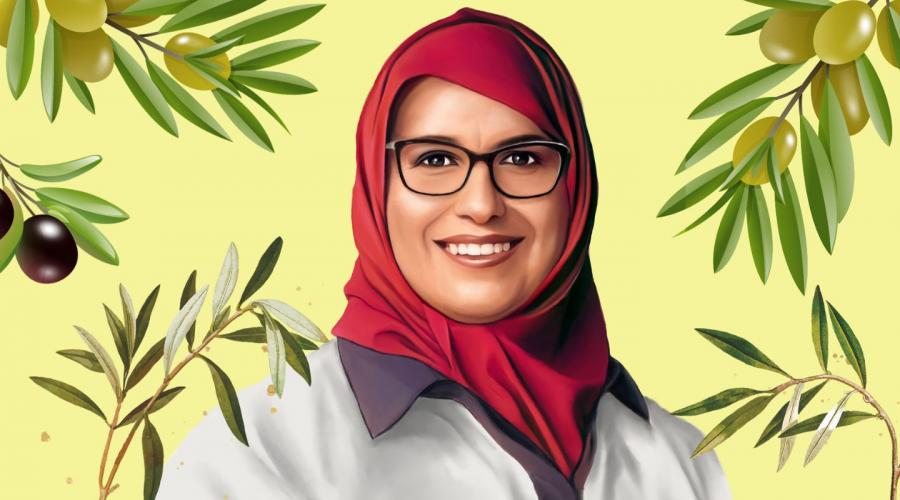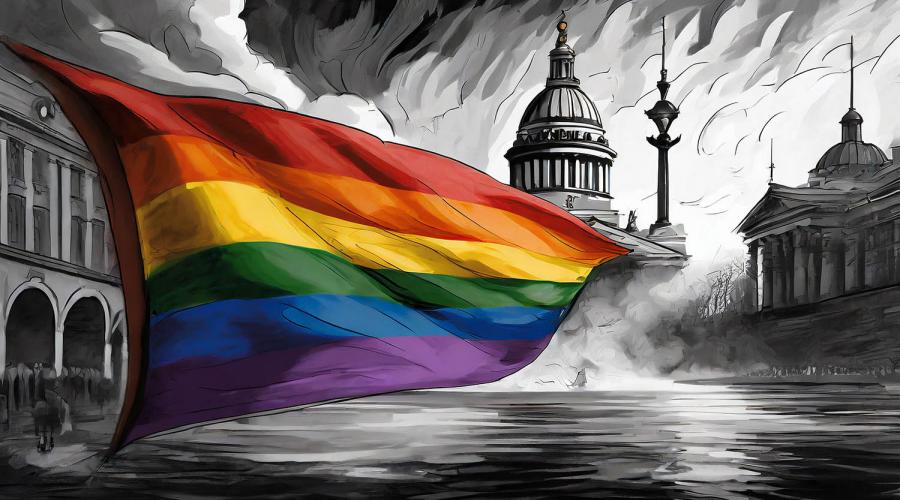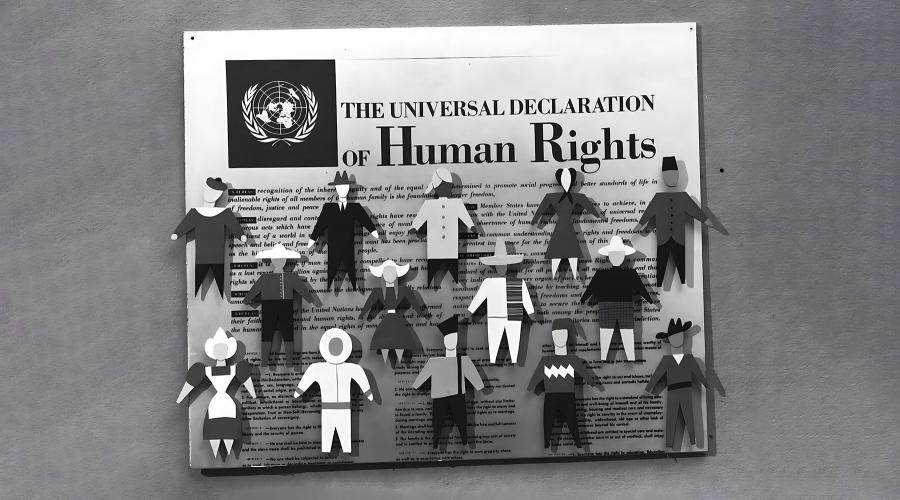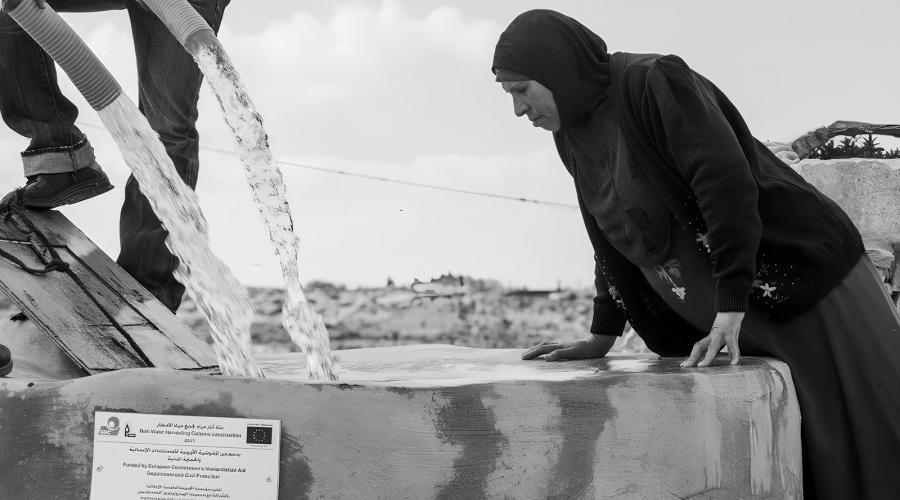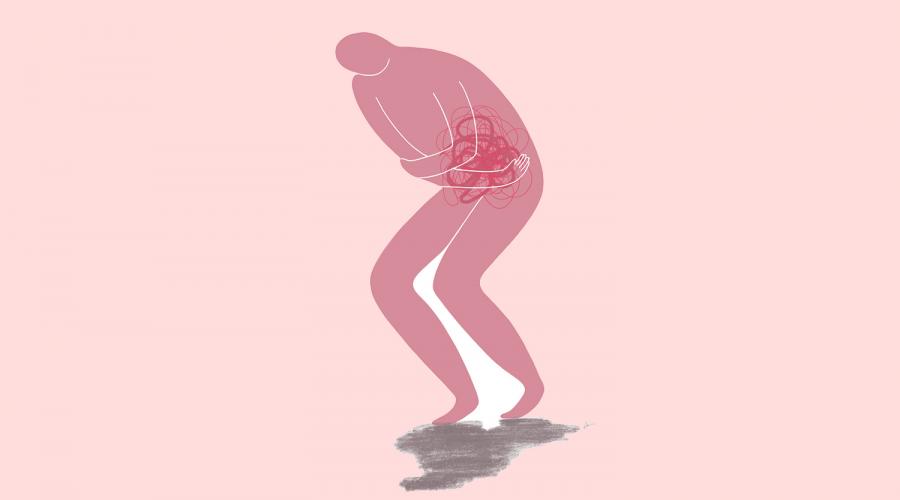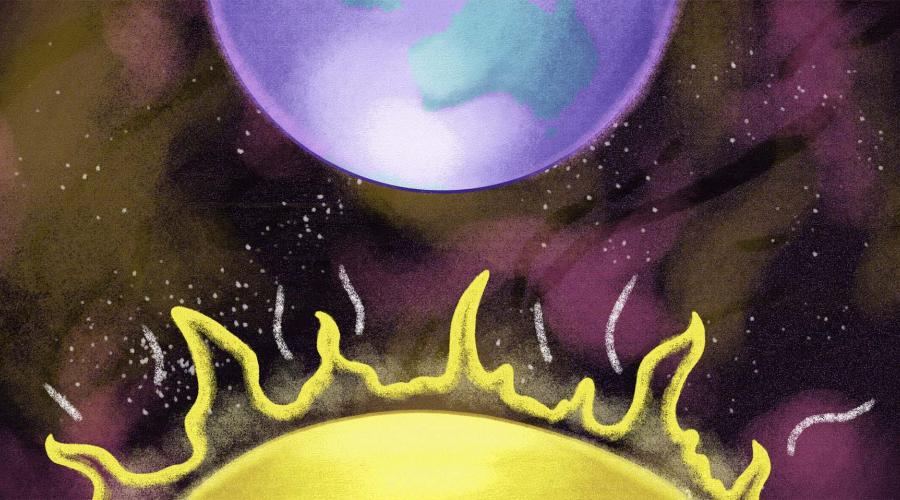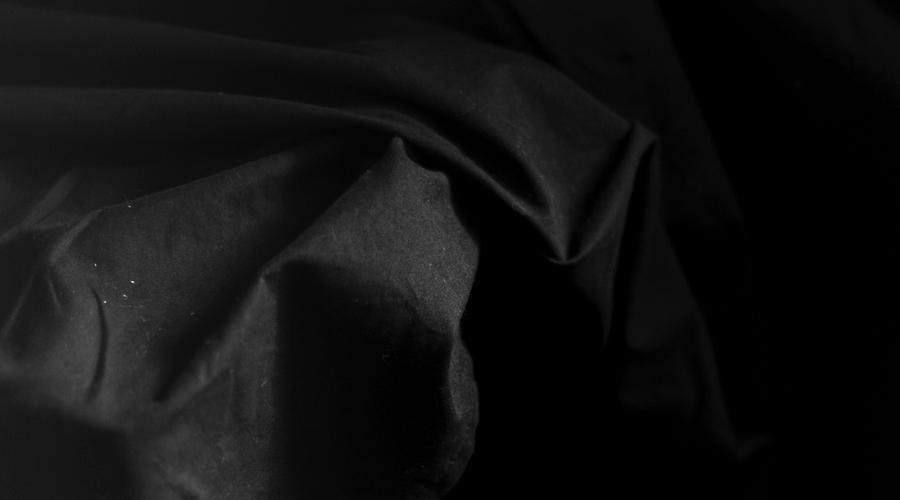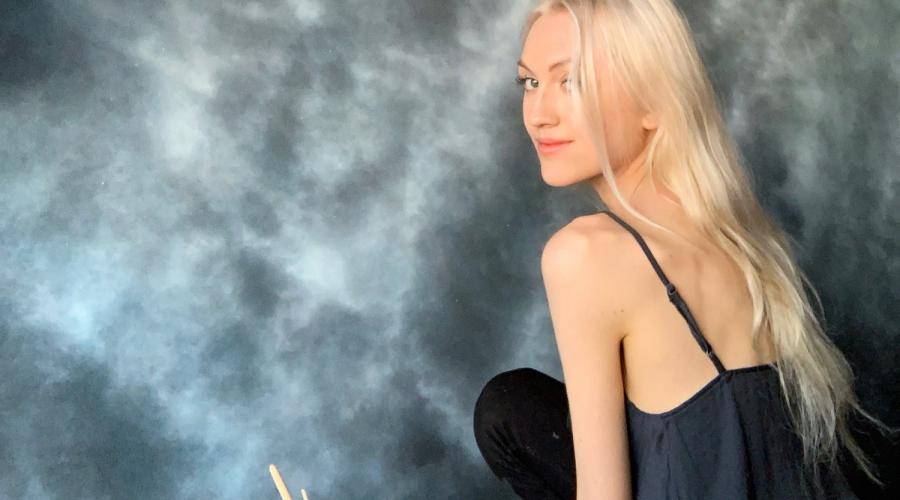Kiwi youth tired of plastic pollution tackle problem at supply chain level
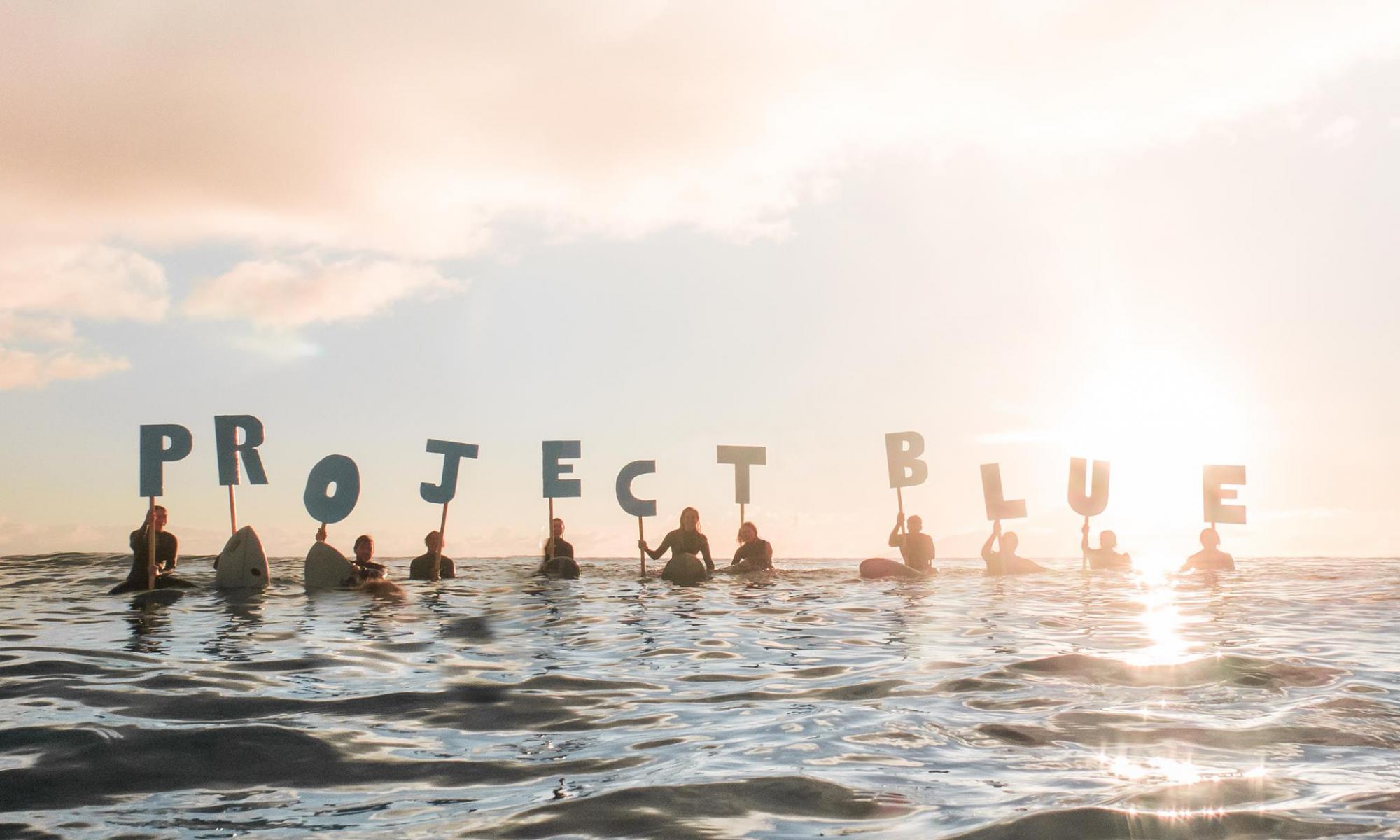
Project Blue NZ, an organisation made up of 25 young Kiwi environmentalists, is on a mission to solve New Zealand's plastic problem. The organisation is currently focusing on the production of a feature documentary that covers the impact plastic pollution has had on the planet and the steps individuals and companies can take to reduce it.
New Zealand companies who are ready to address the plastic used in their supply chains are invited to participate in the project at no cost. Project Blue's research team (which includes marine biologists and scientists) will work with these companies to induce change while their content team documents the whole process.
It's a refreshing idea that provides a unique opportunity for New Zealand businesses to audit and eliminate the use of unnecessary plastic from their supply chains and have their first hand experiences shared with audiences across New Zealand at the same time. Project Blue content creator, Ella Morton, gave us the rundown.
Can you tell us a little about how Project Blue came about?
The Project Blue crew came together because living passively in a world that desperately needs active future-thinkers, just didn’t seem right to us. One year ago, thanks to the power of social media, Project Blue was born. We are a collective of 25 environmentalists who hail from the deep south to the winterless north of Aotearoa. Plastic pollution is something we are tired of seeing, especially in the ocean; our place of solace. Our diverse team of surfers, divers, marine biologists, environmental scientists, photographers, filmmakers, designers, and lawyers works collectively to educate and empower consumers and businesses to create the change required to ensure our planet’s future.
How big is the plastic problem in New Zealand?
New Zealand is one of the biggest producers of waste (including plastic waste) per capita of developed nations in the Asia-Pacific. It’s easy for Kiwis to assume that because we are such a small country, our footprint is also small, but that’s not the case at all.
If you look at New Zealand’s kerbside recycling culture, it’s evident that a huge number of Kiwis don’t know where their rubbish is going. When rubbish is thrown away their minds do not think about where that 'away' is. Instead, they fill their recycling bin till it’s full and wheel it to the kerbside every two weeks without realising that certain types of low grade plastic cannot be recycled at all. Recycling bins are also often filled with materials like polystyrene, broken ceramics and nappies, all of which contaminate recyclables, resulting in the whole lot ending up in landfill. Every year, Aucklanders alone send 18,000 tonnes of incorrect recycling to landfill.
Recycling bins aside, over 65 percent of the contents that go into our general rubbish bins can either be composted or recycled. Health and safety protocol means the rubbish picked up kerbside won't be sorted for recyclables. Basically, once something that doesn’t belong to landfill goes there, that’s it, there’s no going back.
New Zealanders need to remember that away is either to landfill (252,000 tonnes going to New Zealand landfills per year), or to another country, primarily Malaysia and Indonesia. These countries are no better equipped to deal with our rubbish than we are; the rubbish is either dumped, burned or buried offshore, each with their own set of environmental consequences.
While recycling and education around recycling must continue, we also need to shift towards reduction and that’s where companies must play their part. Rather than just focusing on plastic consumption and better ways to recycle, Project Blue is also addressing company supply chains. We look at it like this: if your bathtub was overflowing you wouldn't reach for the mop before turning off the tap, would you?
What is Project Blue’s solution?
We recognize there are only so many metal straws and beeswax wraps one can use to create change. For large scale change to happen, we need to create pressure on a systemic level. But how? Rather than just telling companies they need to change, we collaborate with them to help them create that change: we guide companies on their journey toward sustainability by providing real world, researched and proven solutions. The core message behind Project Blue’s drive is to remove, reduce, and replace plastic: if you can’t remove it, reduce where you use it, if you can’t reduce it, replace it with a biodegradable alternative or something that can be reused so it is no longer single-use. If we can educate both producers and consumers to rely less on plastic in the first place, the flow on effect for a sustainable future will be invaluable.
A while back, you reached out to Rip Curl to discuss their use of plastic. That was a bold move. Did they respond?
Yes, they did respond. Our conversations are ongoing, which is fantastic, as we are a group of unknown youths, and gaining the attention of huge companies like Rip Curl is no mean feat. Whilst they weren’t entirely stoked about our public approach, we do believe that our direct campaign brought this result. The power of social media in amplifying voices should never be underestimated. Since reaching out to Rip Curl we have had discussions about what they’ve achieved to date and their future plans. One wonderful change they’ve made is keeping wetsuits in shipping containers rather than packaging them in plastic. We have also been discussing their efforts to replace plastic garment bags with a truly sustainable, ocean friendly alternative. This journey is all about building up a relationship of trust and respect, so that when we push for change, they are willing to act in collaboration, rather than get defensive. We are stoked that so far, that’s exactly what the response has been.
What are some of the main challenges big companies like Rip Curl face when it comes to transitioning to plastic-free production?
The greatest challenge is the complexity of supply chains. Companies with the greatest footprints also have extremely large supply chains, often sprawling across the entire globe.They are the beast of all beasts, and knowing that plastic may have been used for every zip, roll of cotton, sleeve, through to sale of a garment as it travels from Asia to the Americas or South Pacific, is daunting.
Shifting from plastic to other, more sustainable packaging solutions also increases costs. It’s the reason we are facing this problem in the first place—plastic is just too easy and cheap to manufacture, and bottom lines are typically a company's ultimate priority.
Can you provide some detail on how exactly your research team works with companies to eliminate plastic?
Our team begins by holding an open discussion with a company to find out where they sit in the scheme of sustainability. It’s extremely important to recognise efforts they have already made to date, from both an ethical perspective as well as a sustainable one. From there, we discuss challenges they have faced and reasons for ongoing reliance on plastic. Once we have an idea of the scale of the challenges, we discuss and investigate (via conversations and web research) the scale of their supply chain, and assess where and how plastics are used throughout it. We then investigate the feasibility of reducing plastic reliance at each point, which is an extremely complex task, as issues such as conveyor belt wear and tear can be the win or lose factor for removing or replacing packaging. A key part of our research is finding and verifying alternatives to plastic that are truly sustainable—both in protecting marine life and in raw material production. Our priority is to encourage transitions to cold water soluble packaging, wherever feasible, as this is the only option that ensures breakdown upon mixing with our oceans. Exciting breakthroughs in this field are soon to be revealed by a Kiwi company!
How will Project Blue address some of these challenges?
In regards to costs, which is often the biggest factor holding companies back, there are already a few alternatives. One such alternative is a water soluble packaging company (with scalability to suit the companies we are working with) that is already nearing the unit price of plastic. As with any sustainable alternative, it’s all about supply and demand. The more companies that get on board and switch to pathways and products that ensure protection and survival of our ocean ecosystems, the more affordable these pathways and products will become.
For us, it’s one step at a time. No one human, or small group of youth can fix these challenges—it requires a collective effort. However, if we can inspire and collaborate with other groups, spread the message, and work with companies to help them transition to plastic alternatives that don’t come with an environmental cost, we might just get there.
You currently have a PledgeMe Campaign to raise 60,000 NZD to produce a film. Can you tell us a little about that?
Part of our solution is creating awareness around the plastic problem and showing people first hand how we can work collectively to create positive change. To do this, we are creating an 80 minute documentary that covers our journey. While our research team works to induce change within individuals and companies, our content team will be documenting the whole process—its highs and lows. This will be combined with footage of the real world impacts of plastic pollution on our oceans and all that is connected to them. We will follow plastic from its supply chain roots, through to its short stay in the hands of consumers, to its eventual shoreline (or sea floor) home.
Our PledgeMe Campaign is to cover costs directly related to the documentation (equipment), editing (studio time) and coverage (venue hire) for this film. All other costs involved in Project Blue, including travel costs and web development are being footed by the team themselves. We are a very busy crew!
Is the focus going to be on New Zealand companies only or is there an international element too?
As the team is based in New Zealand, it is most accessible to work with Kiwi companies on their sustainability journey, so that’s where our focus will be. However, we will be travelling to different parts of the world (such as Hawaii, Malaysia and Tonga) that have been visibly negatively affected by plastic. We will document the impact plastic exportation has had on other nations, and the innocent coastal communities who are at the mercy of global consumer habits and the ocean currents that bring plastic to their shores.
Companies interested in collaborating with Project Blue NZ can contact research@projectblue.co.nz
Support Project Blue's PledgeMe Campaign Here

